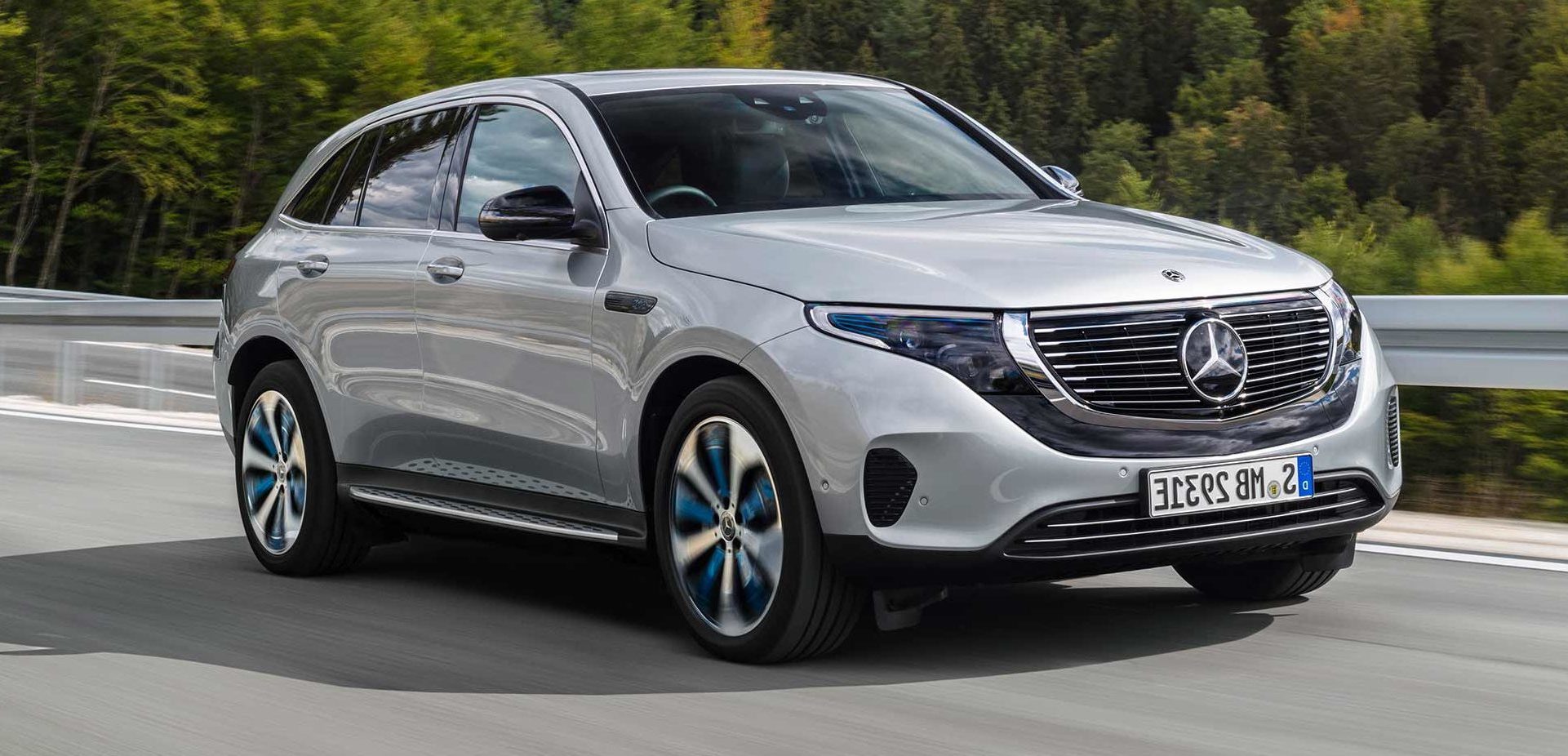
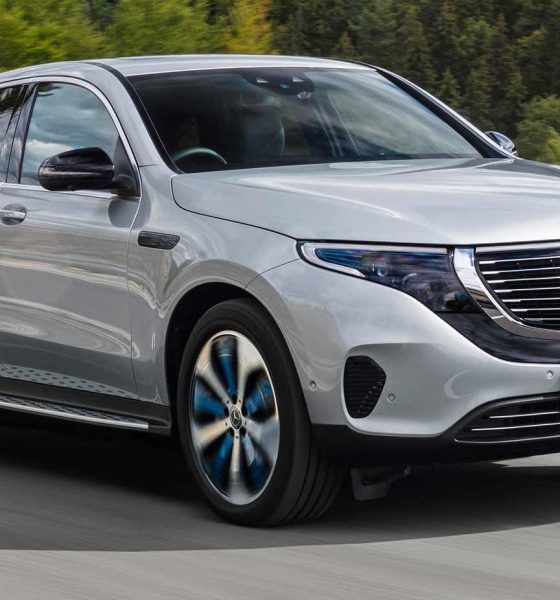
News
Tesla Model X challenger Mercedes-Benz EQC to enter production at 100 units/day
Reports from a local German news agency have noted that Mercedes-Benz is set to ramp the production of its first all-electric SUV, the EQC, at a rate of about 100 units per day. The German carmaker will reportedly increase its production capacity over the following months, with the company doubling its target output to 200 units per day in the coming year.
The update about the EQC’s production was provided by a manager working for Mercedes-Benz, according to news agency Automobilwoche. The carmaker opened the order books for the EQC a few days ago, but just like its competitor, the Audi e-tron, the initial production of the all-electric SUV is reportedly limited as well. While the German carmaker is reportedly not having issues with the supply of cells themselves, the complex design of the EQC’s battery, which is comprised of six packages with 384 cell modules, is becoming a factor in the vehicle’s limited rollout.
Mercedes-Benz opted to use pouch cells from LG Chem for the EQC, just like fellow veteran carmakers Audi and Jaguar, who also utilize the South Korean company’s cells for their respective electric cars. In contrast, electric car pioneer Tesla utilizes cells from Japanese firm Panasonic for its Model X SUV. Initial production of the EQC reportedly started last week, though only in very limited quantities.
While Mercedes-Benz is yet to issue an official statement about the EQC’s reported production difficulties, it should be noted that the company is not the only veteran carmaker that is finding it challenging to ramp the manufacturing of an all-electric vehicle. The Audi e-tron, for one, is reportedly seeing delays in production due to the limited supply of cells from LG Chem. A report from The Brussels Times even noted that Audi’s e-tron facility is only operating 6 hours a day due to the limited supply of the SUV’s components.
Overall, the struggles reportedly being faced by Audi, and now Mercedes-Benz all but show that performing a production ramp of an electric vehicle is no joke. Electric car maker Tesla has received various criticisms over the years due to the company’s delays in producing its vehicles like the Model X and Model 3. These reports concerning the Mercedes-Benz EQC and the Audi e-tron’s production ramps prove that Tesla is not the only carmaker that feels challenges when manufacturing an all-electric vehicle.
The Mercedes-Benz EQC is equipped with an 80 kWh battery pack, which is estimated to give a range of over 200 miles per charge. Performance-wise, the all-electric SUV boasts some decent specs, with two electric motors that produce 402 hp and 564 lb-ft of torque giving the vehicle a 0-60 mph time of 4.9 seconds and a top speed of 112 mph. Once released, the EQC will be competing in the same segment as the veteran Tesla Model X, as well as other premium EVs like the Jaguar I-PACE and Audi e-tron.

Elon Musk
Tesla Giga Texas to feature massive Optimus V4 production line
This suggests that while the first Optimus line will be set up in the Fremont Factory, the real ramp of Optimus’ production will happen in Giga Texas.
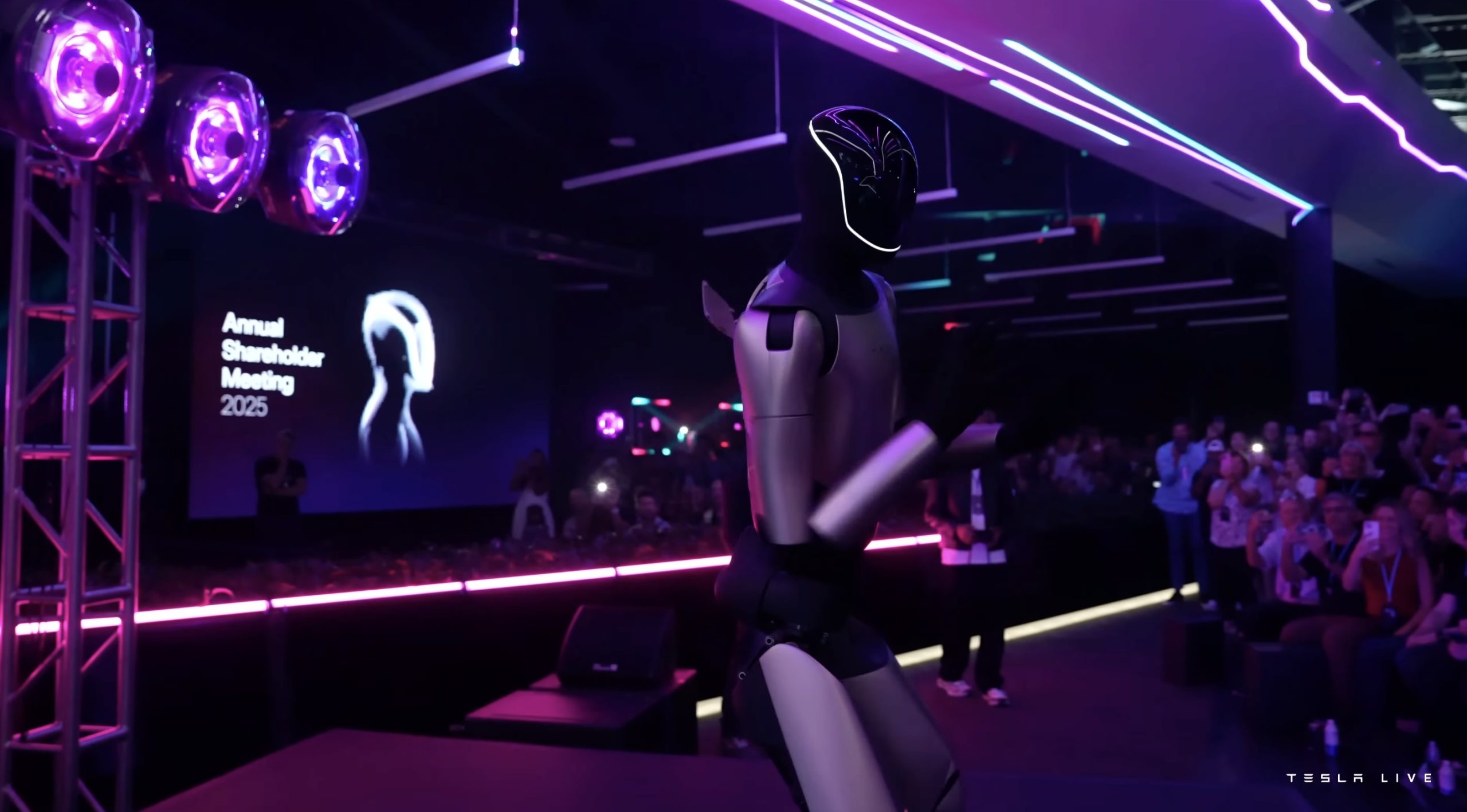
Tesla will build Optimus 4 in Giga Texas, and its production line will be massive. This was, at least, as per recent comments by CEO Elon Musk on social media platform X.
Optimus 4 production
In response to a post on X which expressed surprise that Optimus will be produced in California, Musk stated that “Optimus 4 will be built in Texas at much higher volume.” This suggests that while the first Optimus line will be set up in the Fremont Factory, and while the line itself will be capable of producing 1 million humanoid robots per year, the real ramp of Optimus’ production will happen in Giga Texas.
This was not the first time that Elon Musk shared his plans for Optimus’ production at Gigafactory Texas. During the 2025 Annual Shareholder Meeting, he stated that Giga Texas’ Optimus line will produce 10 million units of the humanoid robot per year. He did not, however, state at the time that Giga Texas would produce Optimus V4.
“So we’re going to launch on the fastest production ramp of any product of any large complex manufactured product ever, starting with building a one-million-unit production line in Fremont. And that’s Line one. And then a ten million unit per year production line here,” Musk stated.
How big Optimus could become
During Tesla’s Q4 and FY 2025 earnings call, Musk offered additional context on the potential of Optimus. While he stated that the ramp of Optimus’ production will be deliberate at first, the humanoid robot itself will have the potential to change the world.
“Optimus really will be a general-purpose robot that can learn by observing human behavior. You can demonstrate a task or verbally describe a task or show it a task. Even show it a video, it will be able to do that task. It’s going to be a very capable robot. I think long-term Optimus will have a very significant impact on the US GDP.
“It will actually move the needle on US GDP significantly. In conclusion, there are still many who doubt our ambitions for creating amazing abundance. We are confident it can be done, and we are making the right moves technologically to ensure that it does. Tesla, Inc. has never been a company to shy away from solving the hardest problems,” Musk stated.
Elon Musk
Rumored SpaceX-xAI merger gets apparent confirmation from Elon Musk
The comment follows reports that the rocket maker is weighing a transaction that could further consolidate Musk’s space and AI ventures.
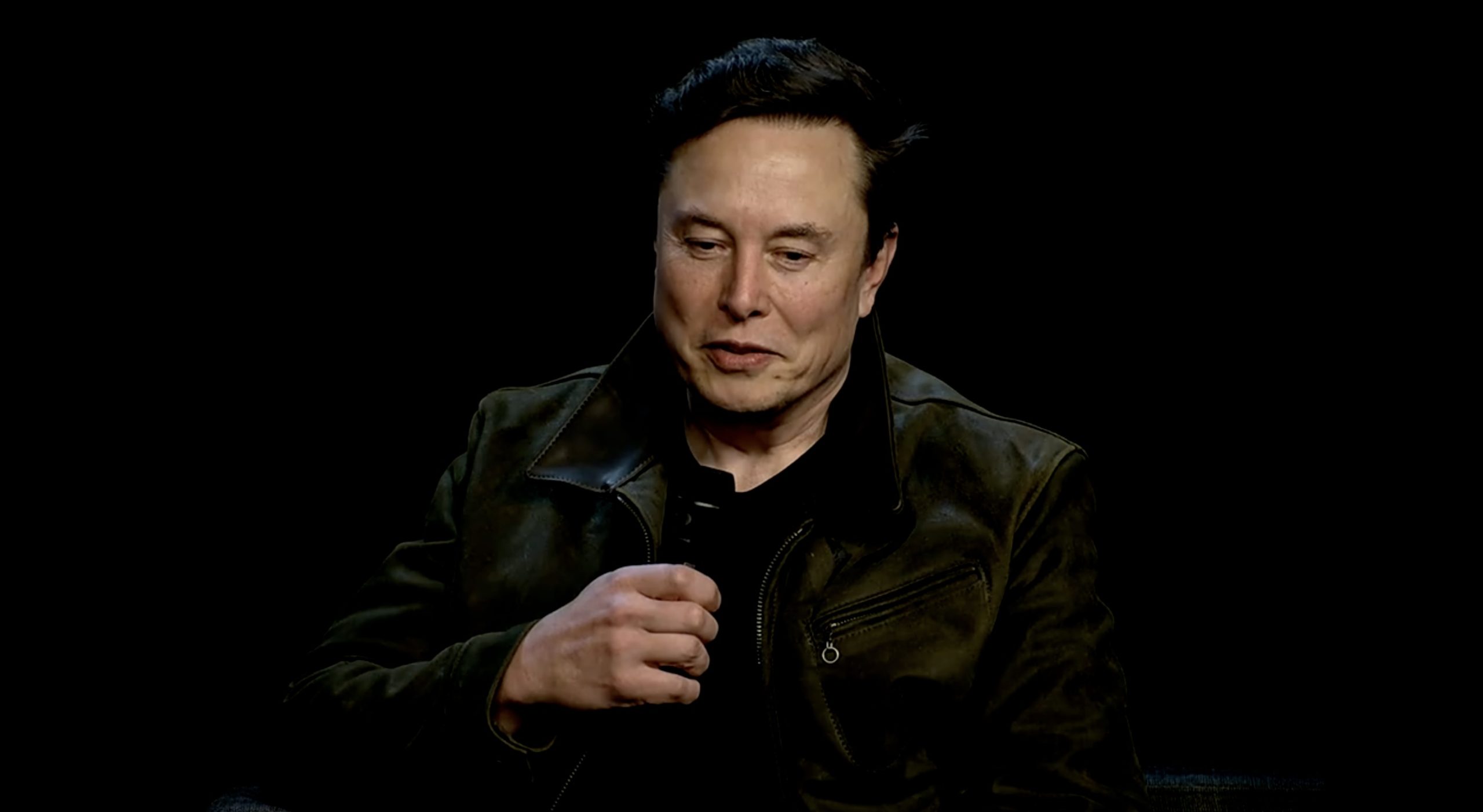
Elon Musk appeared to confirm reports that SpaceX is exploring a potential merger with artificial intelligence startup xAI by responding positively to a post about the reported transaction on X.
Musk’s comment follows reports that the rocket maker is weighing a transaction that could further consolidate his space and AI ventures.
SpaceX xAI merger
As per a recent Reuters report, SpaceX has held discussions about merging with xAI, with the proposed structure potentially involving an exchange of xAI shares for SpaceX stock. The value, structure, and timing of any deal have not been finalized, and no agreement has been signed.
Musk appeared to acknowledge the report in a brief reply on X, responding “Yeah” to a post that described SpaceX as a future “Dyson Swarm company.” The comment references a Dyson Swarm, a sci-fi megastructure concept that consists of a massive network of satellites or structures that orbit a celestial body to harness its energy.
Reuters noted that two entities were formed in Nevada on January 21 to facilitate a potential transaction for the possible SpaceX-xAI merger. The discussions remain ongoing, and a transaction is not yet guaranteed, however.
AI and space infrastructure
A potential merger with xAI would align with Musk’s stated strategy of integrating artificial intelligence development with space-based systems. Musk has previously said that space-based infrastructure could support large-scale computing by leveraging continuous solar energy, an approach he has framed as economically scalable over time.
xAI already has operational ties to Musk’s other companies. The startup develops Grok, a large language model that holds a U.S. Department of Defense contract valued at up to $200 million. AI also plays a central role in SpaceX’s Starlink and Starshield satellite programs, which rely on automation and machine learning for network management and national security applications.
Musk has previously consolidated his businesses through share-based transactions, including Tesla’s acquisition of SolarCity in 2016 and xAI’s acquisition of X last year. Bloomberg has also claimed that Musk is considering a merger between SpaceX and Tesla in the future.
Cybertruck
Tesla analyst claims another vehicle, not Model S and X, should be discontinued
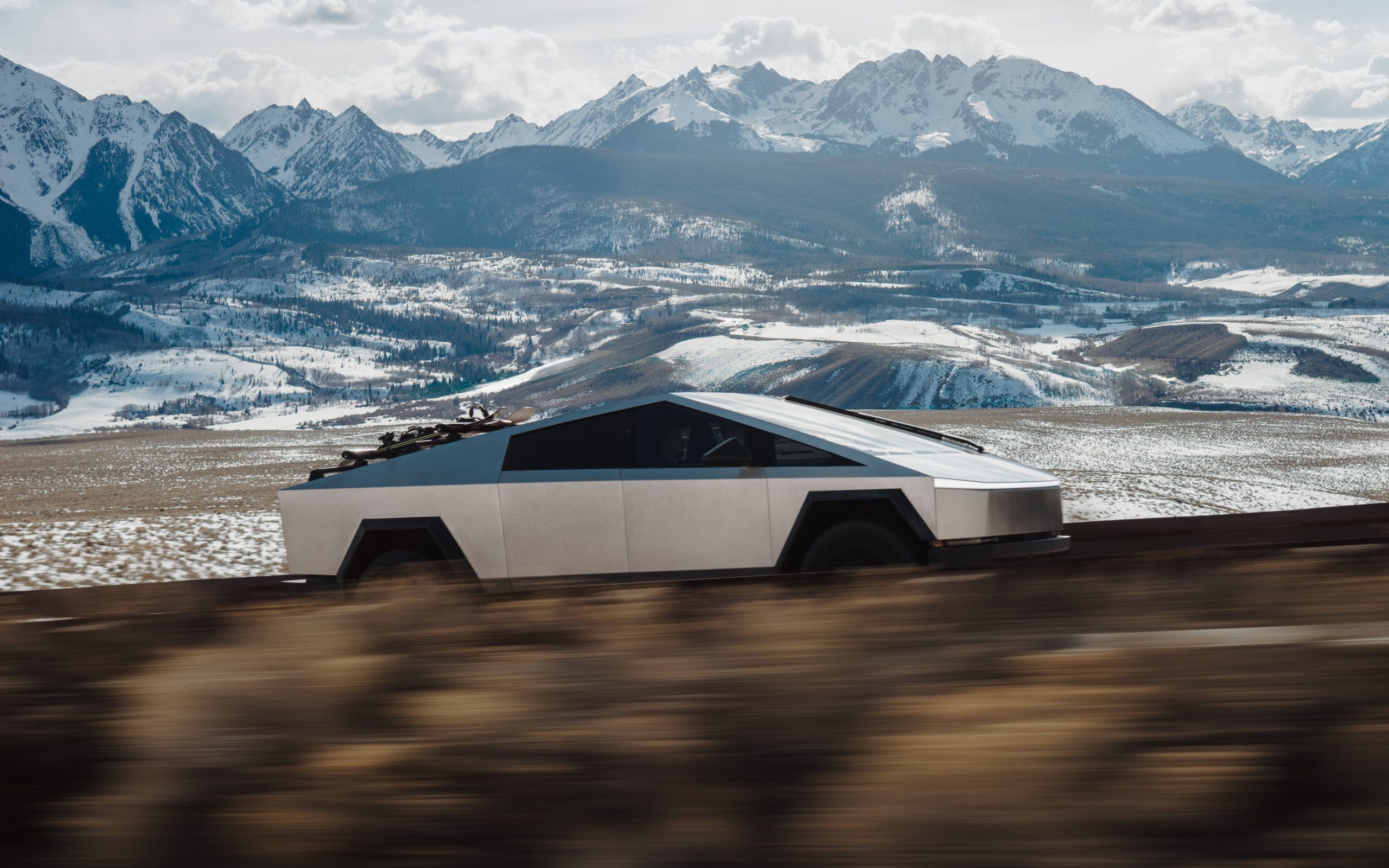
Tesla analyst Gary Black of The Future Fund claims that the company is making a big mistake getting rid of the Model S and Model X. Instead, he believes another vehicle within the company’s lineup should be discontinued: the Cybertruck.
Black divested The Future Fund from all Tesla holdings last year, but he still covers the stock as an analyst as it falls in the technology and autonomy sectors, which he covers.
In a new comment on Thursday, Black said the Cybertruck should be the vehicle Tesla gets rid of due to the negatives it has drawn to the company.
The Cybertruck is also selling in an underwhelming fashion considering the production capacity Tesla has set aside for it. It’s worth noting it is still the best-selling electric pickup on the market, and it has outlasted other EV truck projects as other manufacturers are receding their efforts.
Black said:
“IMHO it’s a mistake to keep Tesla Cybertruck which has negative brand equity and sold 10,000 units last year, and discontinue S/X which have strong repeat brand loyalty and together sold 30K units and are highly profitable. Why not discontinue CT and covert S/X to be fully autonomous?”
IMHO it’s a mistake to keep $TSLA Cybertruck which has negative brand equity and sold 10,000 units last year, and discontinue S/X which have strong repeat brand loyalty and together sold 30K units and are highly profitable. Why not discontinue CT and covert S/X to be fully…
— Gary Black (@garyblack00) January 29, 2026
On Wednesday, CEO Elon Musk confirmed that Tesla planned to transition Model S and Model X production lines at the Fremont Factory to handle manufacturing efforts of the Optimus Gen 3 robot.
Musk said that it was time to wind down the S and X programs “with an honorable discharge,” also noting that the two cars are not major contributors to Tesla’s mission any longer, as its automotive division is more focused on autonomy, which will be handled by Model 3, Model Y, and Cybercab.
Tesla begins Cybertruck deliveries in a new region for the first time
The news has drawn conflicting perspectives, with many Tesla fans upset about the decision, especially as it ends the production of the largest car in the company’s lineup. Tesla’s focus is on smaller ride-sharing vehicles, especially as the vast majority of rides consist of two or fewer passengers.
The S and X do not fit in these plans.
Nevertheless, the Cybertruck fits in Tesla’s future plans. Musk said the pickup will be needed for the transportation of local goods. Musk also said Cybertruck would be transitioned to an autonomous line.








